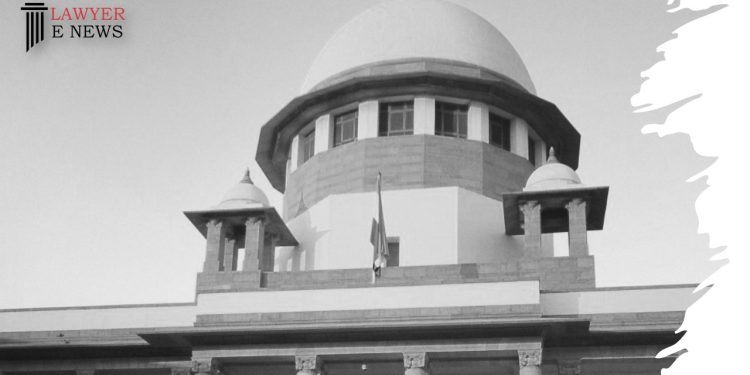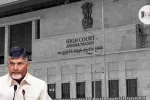Supreme Court Rules Child Adopted by Widow After Government Servant’s Death Not Entitled to Family Pension

In a significant ruling, the Supreme Court of India has held that a child adopted by a widow of a government servant after the government servant’s death is not entitled to receive family pension. The apex court, in its judgment delivered today, stated, “The purpose of family pension is to provide support to the dependents of the deceased government servant, and the definition of ‘family’ cannot be expanded to include persons who were not dependents at the time of the government servant’s death.” The bench clarified that the term ‘adoption’ in the relevant pension rule should be limited to adoptions made during the government servant’s lifetime and should not extend to cases of adoption posthumously. This ruling upholds the restricted interpretation of the term ‘family’ in relation to a government servant, ensuring the integrity of the pension scheme.
This decision by the Supreme Court carries significant implications for individuals seeking family pension as dependents of deceased government servants. The court emphasized the purpose of family pension as a means of providing financial support exclusively to those who were dependent on the government servant during their lifetime. By restricting the scope of adoption to cases where it occurred during the government servant’s lifetime, the court has effectively curtailed the expansion of the definition of ‘family’ beyond its intended boundaries. The ruling protects the pension scheme from potential abuse and maintains its integrity.
The case before the Supreme Court centered on a child who was adopted by the widow of a deceased government servant and sought entitlement to family pension under the Central Civil Services (Pension) Rules, 1972. The court carefully analyzed the provisions of the Hindu Adoptions and Maintenance Act, 1956, as well as the pension rules, and concluded that the adoption of a child by a widow after her husband’s death did not fall within the definition of ‘family’ as contemplated under the pension rules.
This decision aligns with the court’s commitment to interpreting laws and rules in a manner that safeguards their original purpose and intent. It emphasizes the distinction between the rights of an adopted child under personal laws and their entitlement to family pension under specific pension rules. The Supreme Court’s ruling settles the question of eligibility for family pension in cases of posthumous adoption, providing clarity and consistency in the application of pension rules.
The judgment serves as a precedent, setting a clear legal precedent that will impact similar cases in the future. It reinforces the necessity of a direct association or connection with the deceased government servant at the time of their death for eligibility to family pension. This ruling, which preserves the sanctity of the pension scheme, will play a crucial role in determining entitlements and ensuring the financial well-being of the dependents of deceased government servants.
Date of Decision: June 13, 2023
SHRI RAM SHRIDHAR CHIMURKAR vs UNION OF INDIA & ANR.






